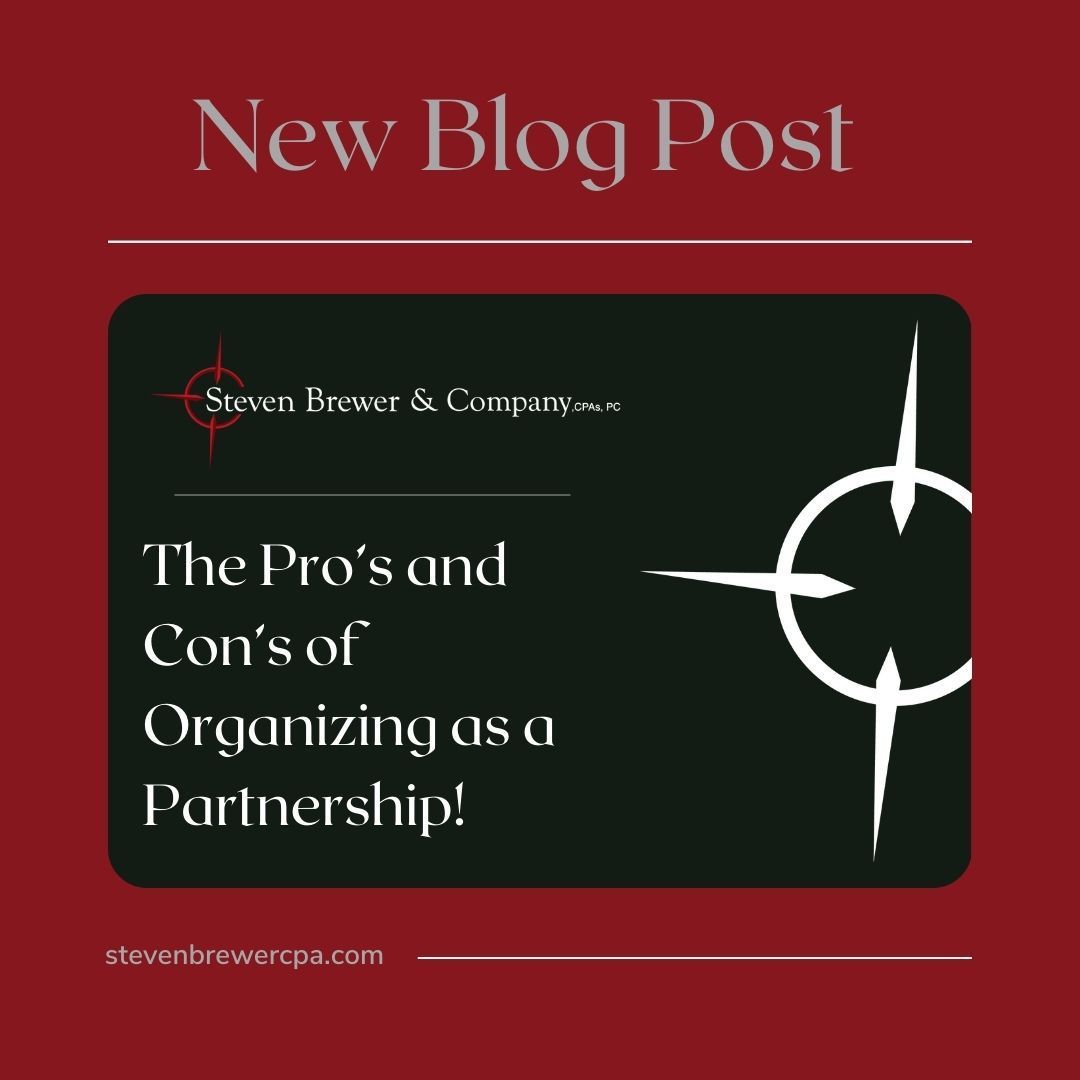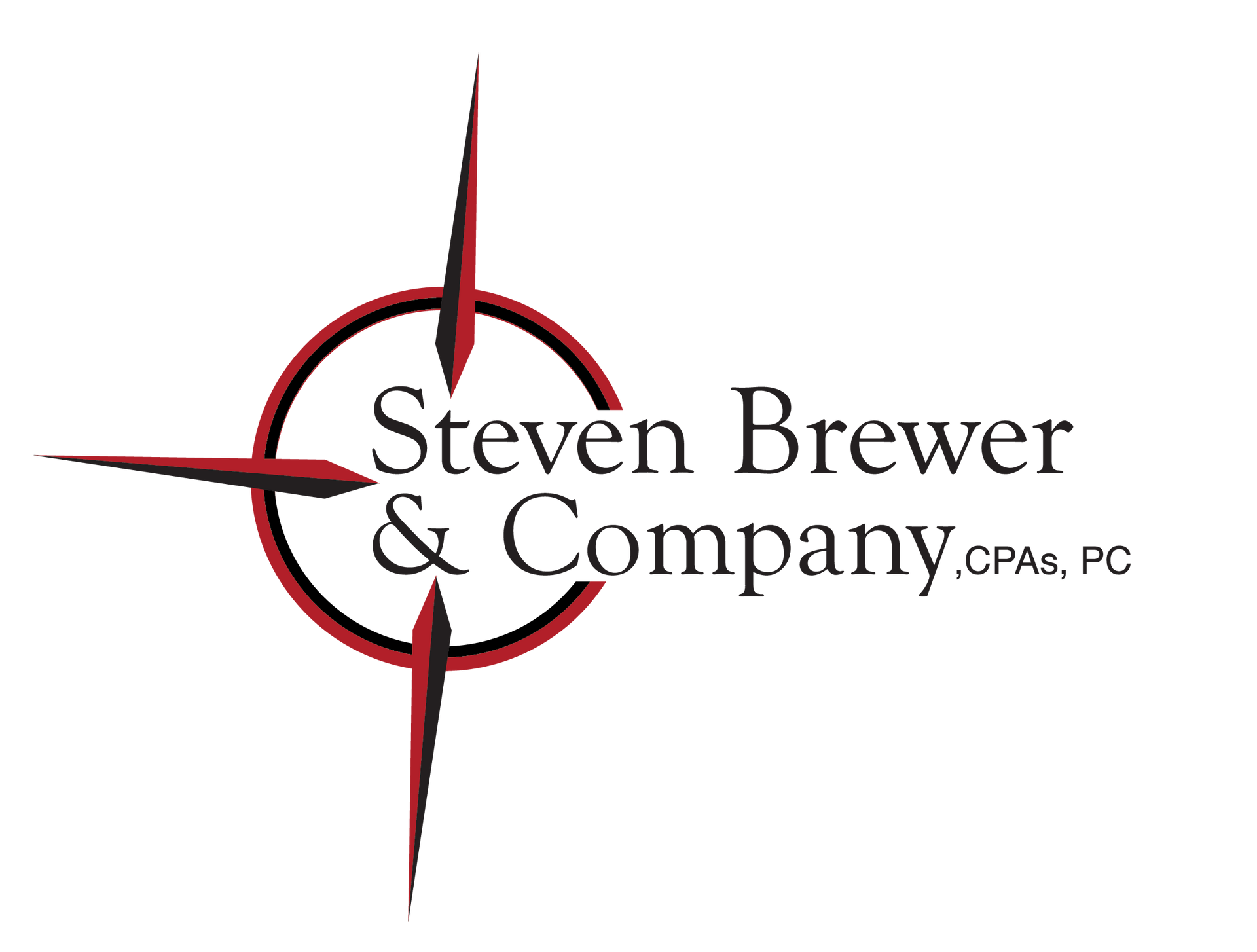The High-Earner Hobby
Fact # 1
Sherman presents a typical situation where a high-income taxpayer tries to use large personal expenditures to reduce that income by claiming the expenditures were for a business. In this case a high-income doctor created this homemade website (Op. at 4) called “Songswell.” At the bottom of the front page it says “Site created to showcase music to the world.” And not just any music, but Dr. Sherman’s music. Well, he has the freedom to do that. The site contains various short video clips of various water flows and audio clips of various water sounds. The showcase video is a man riding the “swell” of the ocean. Most of the video clips appear to feature Dr. Sherman playing the guitar and singing songs. The site appears to offer many of these clips for sale but when I clicked on the “buy” buttons I basically got a 404 error (page not found).
The year at issue is 2015. That year, Dr. Sherman worked as an emergency room physician, earning at least $143,000. He failed to file a tax return. In 2019 the IRS prepared a Substitute for Return based on third-party information returns and sent Dr. Sherman an NOD showing a tax deficiency of $60,000. That prompted him to file a return. It reported zero income from Songswell but some $105,00 in expenses, a big chunk of which was for specialized AV equipment, such as $51,000 for a “Alexa Mini Camera” and another $20,000 for “Alex[a] Mini Accessories.” You can watch this YouTube video to see what that system looks like. It’s pretty high-end.
Dr. Sherman petitioned the Tax Court (pro se) and claimed that the NOD was in error because (a) he should be allowed a deduction of $52,500 for expenses associated with his medical practice and (a) he should be allowed a deduction of $105,000 for the net loss he in incurred in Songswell, which he claimed was a business. The medical expense claims are not part of the lesson.
Lesson # 1- Keep Records-Have Income.
How to build your personal credit
Judge Jones dutifully applies the WTF test and finds that each and every factor weighs against a finding that Songswell was a business. I recommend reading this opinion to get a good sense of how all the factors work. However, two factors were epic fails and give use our first lesson.
The first epic fail was that Dr. Sherman did not conduct the activity in a businesslike manner. That main problem was lack of adequate records. I mean, the man did not even keep basic receipts: “Dr. Sherman was unable to produce any documentation or receipts for most of the expenses listed in the “other” category... Further, although Dr. Sherman purchased some camera equipment and accessories in 2015, the amounts on the receipts do not match the expenses reported on Schedule C. Additionally, many of his equipment purchases occurred outside the 2015 taxable year.” Op. at 6.
But even if he had receipts, a taxpayer needs more than receipts to show they are conducting an activity in a businesslike manner. They need basic records of the business activity. Here, Dr. Sherman had none. He had no records to show a business plan or even to show “when Songswell activities began, nor precisely what activity occurred in taxable year 2015.” Op. at 11.
The second epic fail was the total lack of income from Songswell and his substantial income from being a doctor. Writes Judge Jones: “His reported losses from Songswell—in addition to his medical practice expenses—would produce a substantial tax benefit, essentially zeroing out any tax obligation he owed.” Op. at 15.
Judge Jones concludes: “This is not a difficult case... Aside from Dr. Sherman’s self-serving testimony that the Songswell activity was conducted for profit, little else counsels in favor of finding a profit motive...” Op. at 10.
Bottom Line #1: Your vanity website is not a business if you have zero sales over multiple years.




